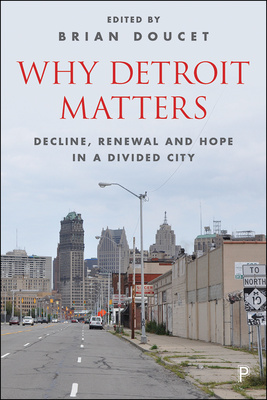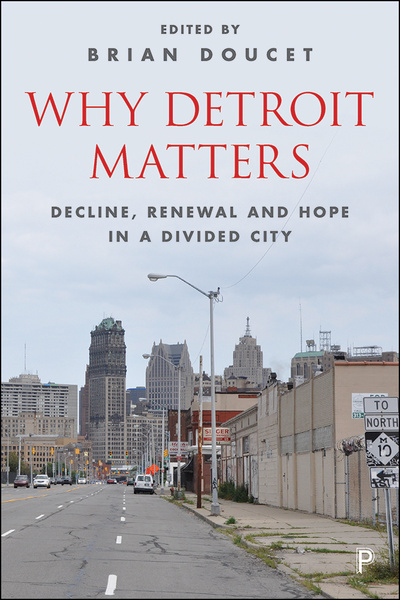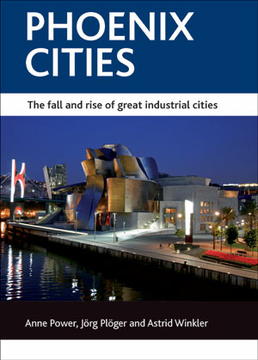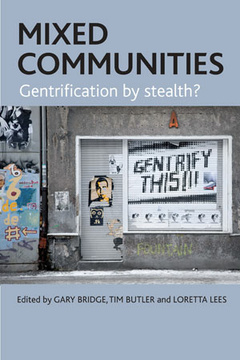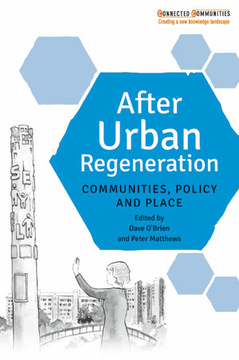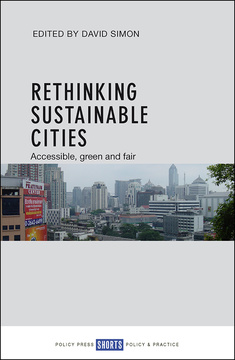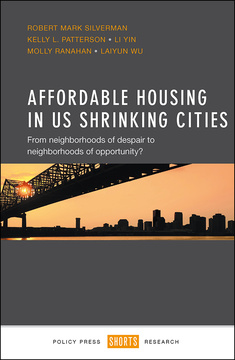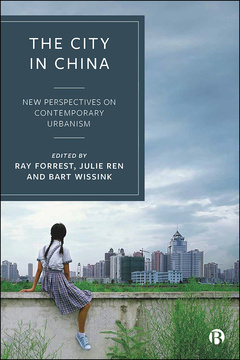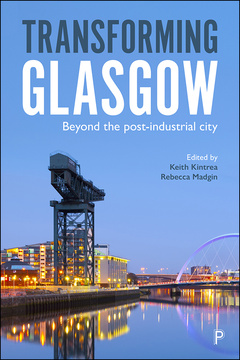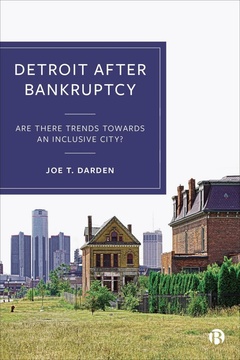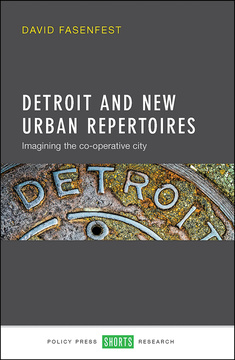Published
Apr 6, 2017Page count
304 pagesISBN
978-1447327875Dimensions
234 x 156 mmImprint
Policy PressPublished
Apr 6, 2017Page count
304 pagesISBN
978-1447327868Dimensions
234 x 156 mmImprint
Policy PressPublished
Apr 6, 2017Page count
304 pagesISBN
978-1447327905Dimensions
Imprint
Policy PressPublished
Apr 6, 2017Page count
304 pagesISBN
978-1447327912Dimensions
Imprint
Policy PressDetroit has come to symbolise deindustrialization and the challenges, and opportunities, it presents. As many cities struggle with urban decline, racial and ethnic tensions and the consequences of neoliberal governance and political fragmentation, Detroit’s relevance grows stronger.
Why Detroit Matters bridges academic and non-academic responses to this extreme example of a fractured and divided, post-industrial city.
Contributions from many of the leading scholars on Detroit are joined by influential writers, planners, artists and activists who have contributed chapters drawing on their experiences and ideas. The book concludes with interviews with some of the city’s most important visionaries who are engaged in inspiring practices which provide powerful lessons for Detroit and other cities around the world.
The book will be a valuable reference for scholars, practitioners and students from across disciplines including geography, planning, architecture, sociology, urban studies, history, American studies, and economics.
Brian Doucet is an Associate Professor in the School of Planning at the University of Waterloo, Canada. Originally from Toronto, he lived in the
Netherlands between 2004 and 2017 where he taught Geography at Utrecht University and subsequently Urban Studies at Erasmus University College in Rotterdam. www.briandoucet.com
Introduction: Why Detroit Matters ~ Brian Doucet;
Section I: Lessons from Detroit;
Detroit’s Bankruptcy: Treating the symptom, not the cause ~ George Galster;
Detroit in Bankruptcy: What are the Lessons to be Learned? ~ Reynolds Farley ;
Between economic revival and social disruption: The redevelopment of Greater Downtown and the emergence of new socio-spatial Inequalities ~ René Kreichauf;
A new urban medicine show: On the limits of blight remediation ~ Joshua Akers;
Reshaping the gray spaces: Resident self-provisioning and urban form in Detroit ~ Kimberley Kinder;
Preserving Detroit by preserving Its baseball history ~ Jason Roche;
This is (not) Detroit: Projecting the future of Germany’s Ruhr region ~ Julia Sattler;
Intermezzo I: ‘You may not know my Detroit’ ~ jessica Care moore;
Section II: Practices from Detroit;
Evolution of municipal government in Detroit ~ John Gallagher;
Detroit’s emerging innovation in urban infrastructure: how liabilities become assets for energy, water, industry and informatics ~ Dan Kinkead;
Visions In conflict: A city of possibilities ~ Sharon Howell and Richard Feldman;
Reconstructing Detroit: the resilient city ~ Khalil Ligon;
Reawakening culture among Detroit’s resident majority ~ Jessica Brooke Williams;
Make sure you’re helping: Experts, solidarity and effective partnering with locals ~ Drew Philp;
New Strategies DMC, takin’ it all back home: Lessons from Detroit for arts practices in the Netherlands ~ Friso Wiersum, Bart Witte and Niko Doulos;
Intermezzo II: My Detroit ~ Tyree Guyton;
Section III: Conversations from Detroit;
Lowell Boileau, artist and founder of DetroitYES;
Sandra Hines, Detroit Coalition Against Police Brutality;
Malik Yakini, Detroit Black Community Food Security Network;
Dan Carmody, Eastern Market Corporation;
Jackie Victor, Avalon International Breads;
Phil Cooley, Entrepreneur, owner of Slows Bar-B-Q and Ponyride;
Wayne Curtis and Myrtle Thompson-Curtis, Feedom Freedom Farmers;
Julia Putnam, Amanda Rosman and Marisol Teachworth, The James and Grace Lee Boggs School;
Yusef Shakur, author and neighbourhood organizer;
Grace Lee Boggs, activist;
Conclusion: Detroit and the future of the city ~ Brian Doucet.







